Term 1 Unit 6 | 7th Science - Health and Hygiene | 7th Science : Term 1 Unit 6 : Health and Hygiene
Chapter: 7th Science : Term 1 Unit 6 : Health and Hygiene
Health and Hygiene
Unit 6
Health
and Hygiene

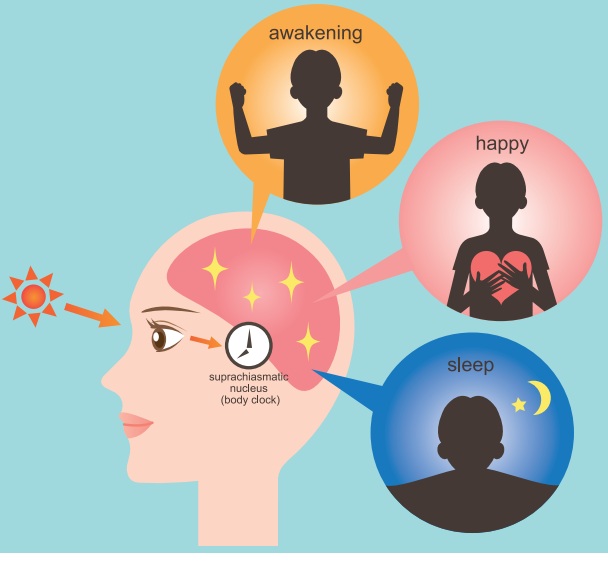
Learning Objectives
* At the end of this lesson you will learn
* How to take care of your body. (Describe ways to take care of
our body)
* Take care of your teeth, eye, hair and follow the hygienic
habits.
* To understand the communicable and non-communicable diseases.
* To know and understand some common ailments and their
remedies.
* To know first aid and safety measures.
Introduction
1.
Have you ever taken leave from the school due to sickness?
2.
What happens exactly when we become sick?
3.
Sometimes, we feel good even without taking any medicines and sometimes we need
to consult doctor and take regular medicines in sickness. Why is it so?
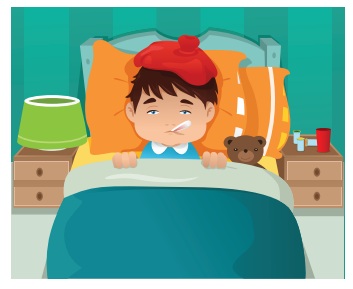
What causes sickness?
Persons from different countries or
backgrounds have different ways to explain what causes sickness.
A baby gets diarrhoea. Why?
Some people may say that parents did
something wrong, or perhaps because they made a God or Spirit angry. A doctor
may say it is because the child has an infection. A public health officer may
say it is because the villagers do not have a good water system or proper
sanitation. A teacher may say that they need to be educated about health and
sanitation. People see the cause of sickness in terms of their own experience
and point of view. Who then is right about the cause? Possibly everyone is
right, or partially right.
This is because…
Each of the causes seen above may be
a part of the reason why a baby gets diarrhoea. To prevent and treat sickness
successfully, it is necessary to have complete understanding of the common
sicknesses in the area and the combination of things that caused them. Reading
this lesson may help to understand the various causes of sickness.
Health is the best wealth. If
you have goodhealth, you will have a sound mind and you will gain good
knowledge and wealth also. To maintain good health, you should follow good
hygiene, eat nutritious food, do exercise, take rest and have a sound sleep.
It is also refers to a state of a
sound mind andbody free from any sickness or ailment, stress and problems. In
simple words, health refers to the physical, emotional and psychological
well-being of a person.
Hygiene refers to the good habits and
theirpractices which is followed to prevent diseases, maintain good health,
especially through cleanliness, consumption of safe drinking water and proper
disposal of sewage. It refers to all those activities that are done for
improving and maintaining good health and sound mind.
Cleanliness
Observe the following picture
discuss with your teacher and write few lines about the transmission of disease
producing pathogens through oral and faecal route.
Cleanliness refers to the maintenance of personal and environmental hygiene. In simple words, It refers to the state of being clean which is essential for good health. To protect us from diseases it is essential to maintain good health by taking regular bath, cleaning the clothes and surroundings and also avoiding unhygienic food consumption.
Tue Faecal-Oral Route of Disease Transmission
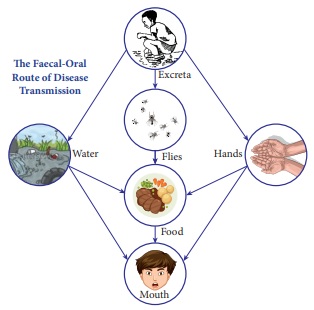
Personal hygiene
Do
you follow the personal hygiene properly?
________________
________________
How
does the above activities
will keep you
physically fit?
________________
Personal hygiene
is defined as
“the branch of
health which is concerned with the individual’s adjustment to
the physiological needs
of the body
and mind for
the attainment of
the maximum level
of health, it
also refers to
the cleaning and grooming of the
body.
How
do pathogens are spread ?
ACTIVITY 1
What is Personal Hygiene?
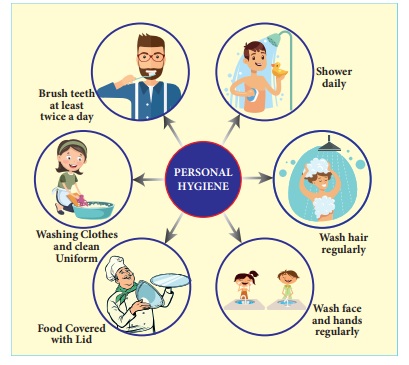
List out your daily activities in the given table

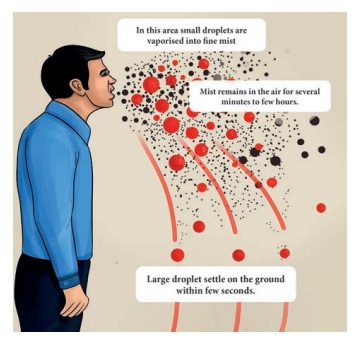
Observe the picture and answer the question.
What
will happen, if cold affected friend/ classmate of you, sneezes or cough in
front of you?
Small droplets are forced out with germs. These germs fall on
your neighbours and cause infection to them.
Colds and the flu are common
communicable diseases. It is caused not only by bacteria but also by virus.
When you have cold and flu, you may also have running nose, cough, sore throat,
and sometimes fever or pain in the joints. For some, this condition may also
lead to mild diarrhoea.
Secretions oozing out from the nose
may contains the bacteria or virus. When the patient touch the nose and some
other object or someone else the virus is transferred. When the patient sneezes
or coughs the virus comes out with the droplets and become airborne. Hence it
is a good practice for the patientwith cold and flu to use a handkerchief to
blow the noses and also wash the hands often to ensure that they do not
accidentally spread the virus to others.
Community Hygiene
ACTIVITY 2
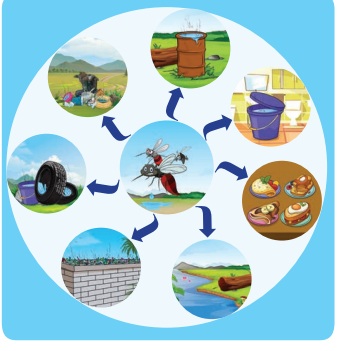
Observe the picture
and write remedial measures
1. We should put all garbage only in the garbage bin.
2. The garbage bin should have a lid. It should be properly kept
shut.
3. Drainage should be covered. It should not flow into the
street.
4. Domestic waste should be segregated into biodegradable and
non biodegradable.
5. They should be dropped into the relevant containers.
6. Food stuff should be properly covered. We should not eat
anything contaminated by flies.
A
community is formed by a group of people living together in a particular area.
If the people in a community wish to lead a healthy life, they should maintain
basic community hygiene. It can be done by adopting the following measures.
*
The surroundings should be kept clean.
*
Drains should be covered properly.
*
The domestic wastes should be segregated and properly disposed off safely in
separate dust bins provided by the Government (Green and Blue).
*
Used water from houses should not be let out into open drains or open areas.
Dengue is spread by
mosquitoes of Aedes aegypti caused by DEN-1, 2 virus belonging tothe type-
flavivirus. It decrease counting of the blood platelets of human blood and it
has a maximum flight range of 50–100 meters in and around the places.
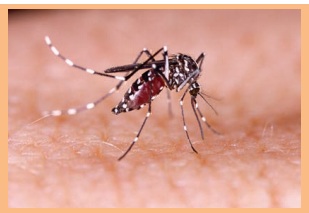
Related Topics